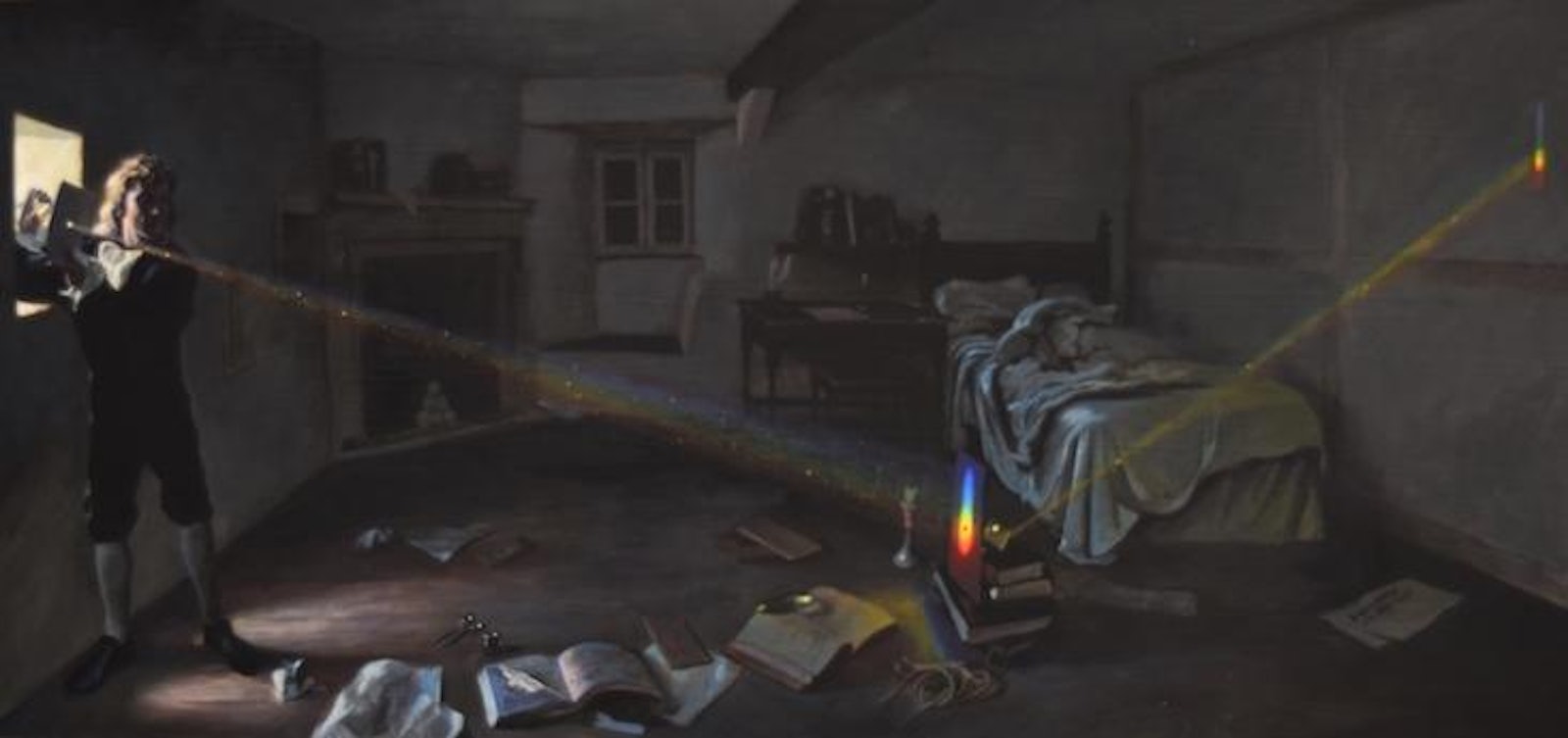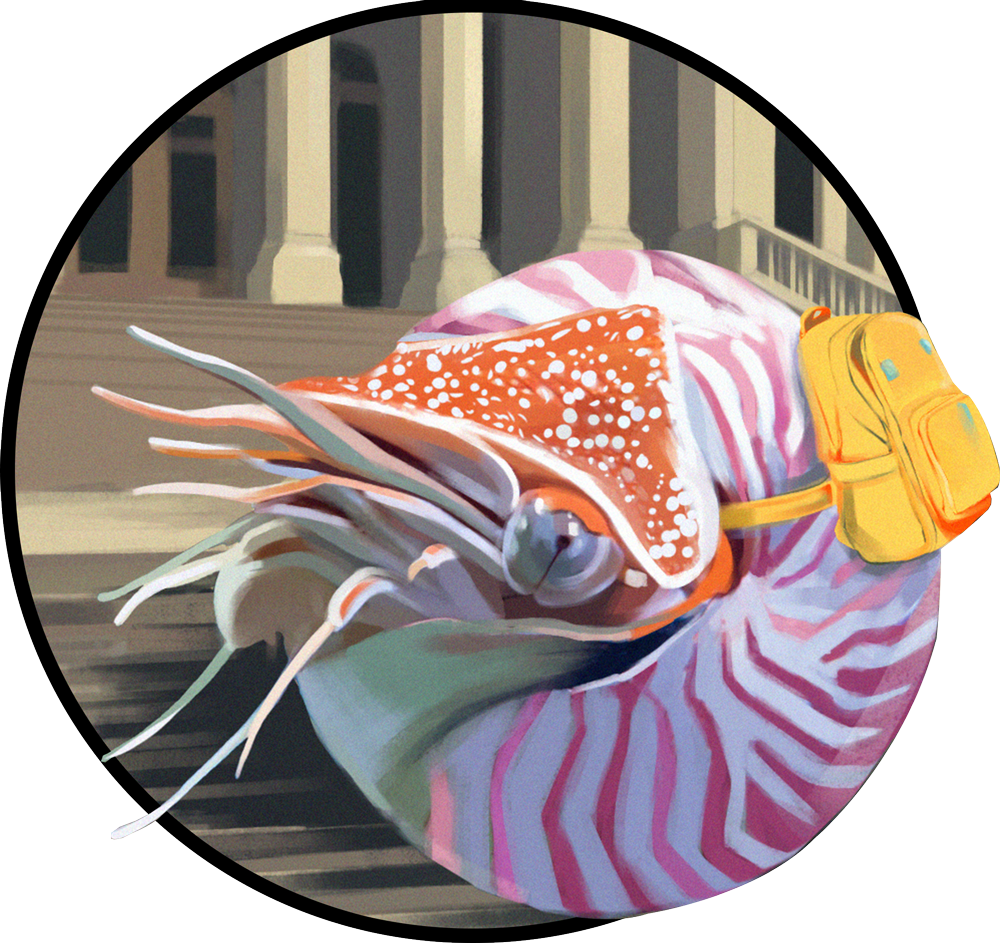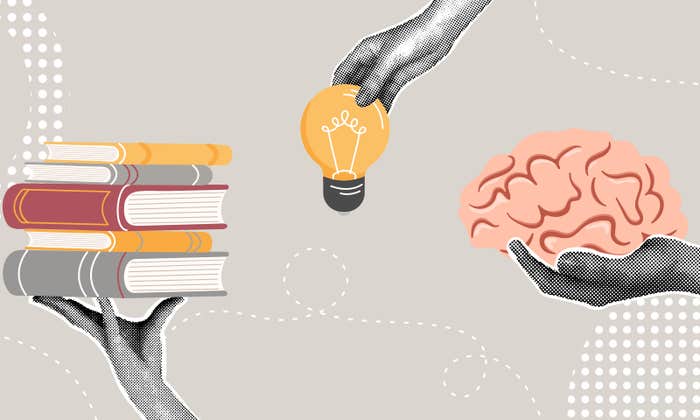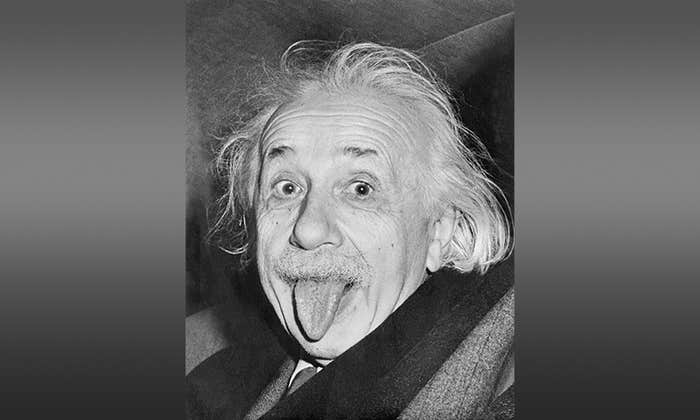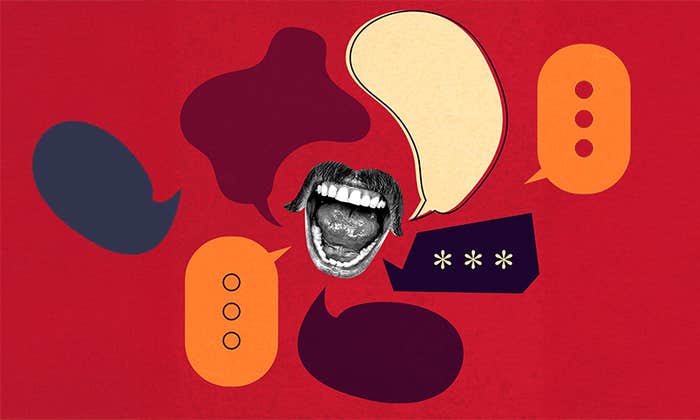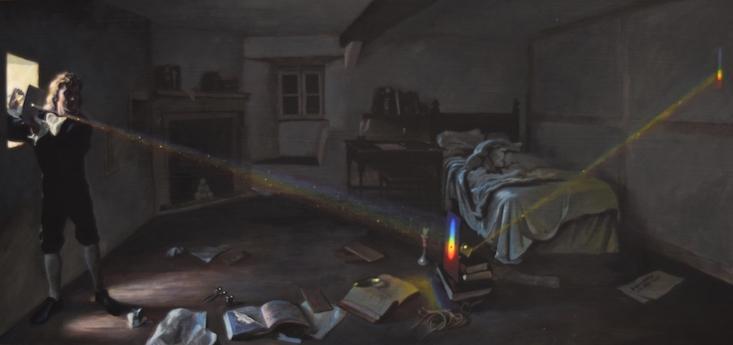
John Brockman has run out of questions, and it’s a shame. For 20 years, as a sort of homage to his late friend, the conceptual artist James Lee Byars, who in 1968 started “The World Question Center,” Brockman has been posing an “Annual Question” to some of the sharpest minds in the world, many of them scientists. Reviewing what might be a representative sample—“What is the most important invention in the past 2,000 years?”, “What do you believe is true even though you cannot prove it?”, and “What scientific idea is ready for retirement?”—it’s clear what Brockman wanted from his responders: to be intellectually daring, vulnerable, and contentious. Which is fitting, given the motto of Brockman’s website, Edge.org, to which the responses are posted: “To arrive at the edge of the world’s knowledge…”
Last week, Brockman announced this year’s “Annual Question” to be the last, and it has an appropriately culminating feel to it: “What is the last question?” By “the last question,” he means “…your last question, the question for which you will be remembered.”
Besides sounding a bit like an invitation to immodesty (answering it assumes you’ll be remembered) the question ended up prompting many of the academics among the responders to just restate one of their research targets, albeit succinctly. (I had to chuckle when I read the response of Dan Ariely, a Duke University behavioral economist and a founding member of its lab, Center for Advanced Hindsight: “How would changes in the marginal tax rate affect our efforts and motivation?”)
“If you could find some fast algorithm to factor numbers into primes, then you could break almost all the cryptography that we use on the Internet.”
Scott Aaronson, a theoretical computer scientist, avoided this trap. His last question, the first listed since the responders are organized by alphabetical order, is, “Can we program a computer to find a 10,000-bit string that encodes more actionable wisdom than any human has ever expressed?”
On Monday, on his blog, “Shtetl-Optimized,” he commented on his choice. “I tried to devise a single question that gestured toward the P vs. NP problem, and the ultimate physical limits of computation, and the prospects for superintelligent AI, and the enormity of what could be Platonically lying in wait for us within finite but exponentially search spaces, and the eternal nerd’s conundrum, of the ability to get the right answers to clearly-stated questions being so ineffectual in the actual world,” he wrote. “I’m not thrilled with the result, but reading through the other questions makes it clear just how challenging it is to ask something that doesn’t boil down to: ‘When will the rest of the world recognize the importance of my research topic?’”
Not long ago, Aaronson sat down with us to discuss his research topic, which explores the intersection of quantum mechanics and information. (That can encompass a lot—his book, Quantum Computing Since Democritus, touches on consciousness, free will, and time travel.) In our conversation, the “P vs. NP problem” came up right away. As he sees it, the “problem” is whether or not P turns out to be equal to NP. “The question of whether P=NP is just the question of: Can every efficiently checkable problem also be efficiently solved?” Aaronson said. “Any time you order something from Amazon [for example], your credit card number is protected by a cryptographic code that depends, among other things, on P not equaling NP. In fact it depends on much stronger things than that. For example, it depends on the belief that multiplying to enormous numbers—enormous prime numbers of thousands of digits—is a much, much easier task than factoring the resulting composite number back into primes, which accords with our experience and, as far as mathematicians know, it’s true; but no one has proved it. And if you could find some fast algorithm to factor numbers into primes, then you could break almost all the cryptography that we use on the Internet.”
Watch Aaronson describe the P vs. NP problem and why it’s important, and then watch the rest of our interview with him here.

Brian Gallagher is the editor of Facts So Romantic, the Nautilus blog. Follow him on Twitter @brianga11agher.

















